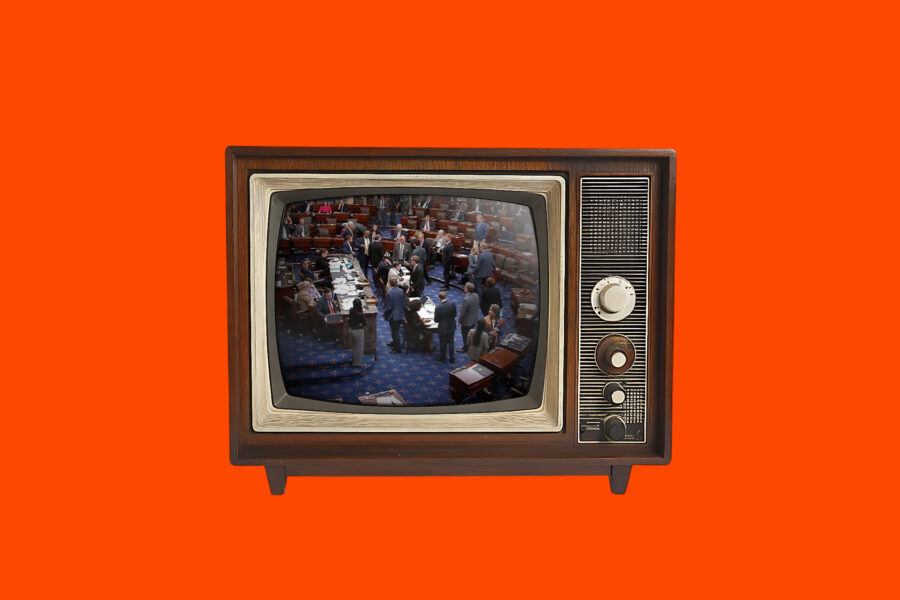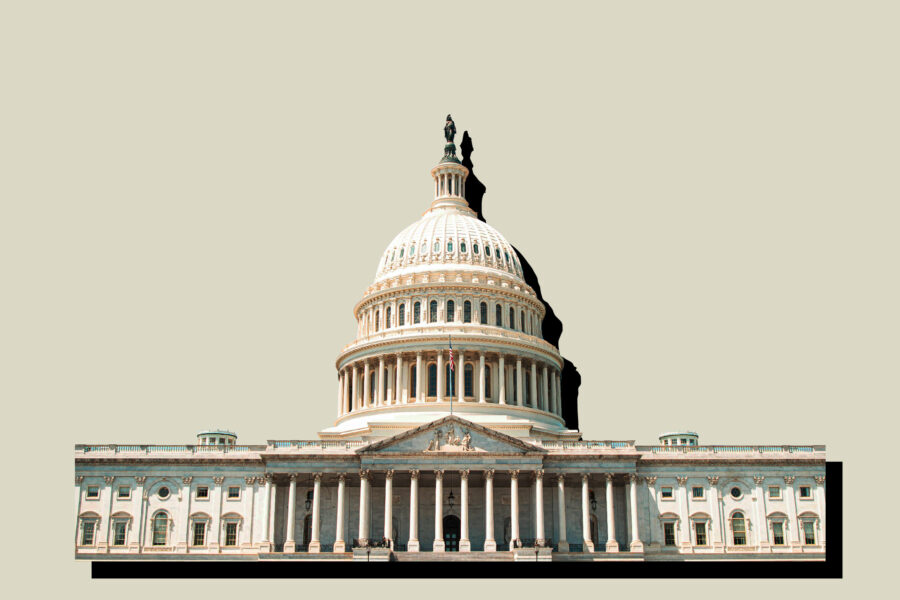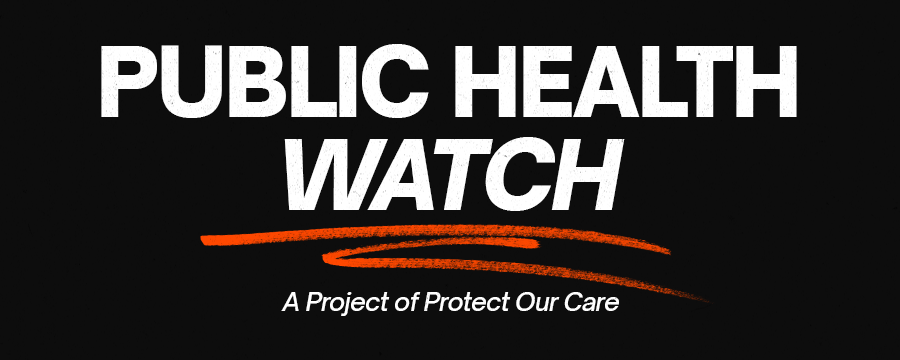Vance, Bresnahan Conspire to Gaslight Pennsylvanians on the Consequences of The Big, Ugly Bill Amid Largest Health Care Cuts Ever

Washington, D.C. — While the Trump Administration rolls out the largest health cuts in history,…
ashoupJuly 15, 2025





